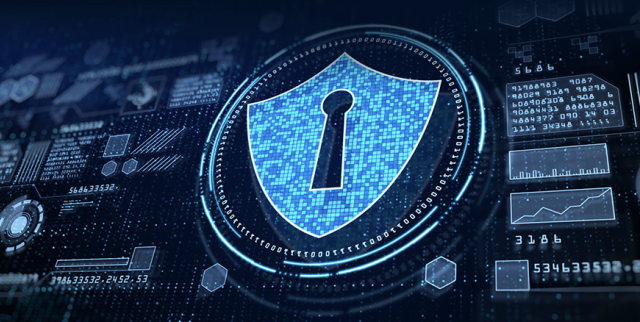In the rapidly evolving digital landscape, the importance of robust cybersecurity measures cannot be overstated. As cyber threats become more sophisticated, traditional security mechanisms often fall short of providing the necessary defence against data breaches and cyber attacks. This is where blockchain technology comes into play, offering a revolutionary approach to securing digital transactions and information exchange.
In this blog post, we’ll explore how blockchain and cybersecurity work together to create a more secure digital environment (especially when you choose to partner with expert cybersecurity consultants in Melbourne .
Understanding Blockchain Technology
Contents [show]
At its core, blockchain is a distributed ledger technology (DLT) that allows data to be stored across a network of computers worldwide. This data is stored in blocks, and each block is linked to the previous one, forming a chain (hence the name “blockchain”). The key features of blockchain technology — decentralisation, transparency, and immutability — make it an ideal solution for securing digital transactions and information.
- Decentralisation: Blockchain operates on a decentralised network, which means that there is no central authority controlling the data. Instead, the data is distributed across multiple nodes (computers), making it nearly impossible for hackers to compromise the integrity of the entire network. This decentralisation also eliminates single points of failure, enhancing the overall security of the system.
- Transparency: Every transaction on a blockchain is transparent and can be viewed by anyone within the network. This level of transparency ensures that all transactions are verifiable and traceable, reducing the risk of fraudulent activities.
- Immutability: Once a transaction is logged on a blockchain, it becomes unchangeable and permanent. This inherent immutability ensures data integrity, positioning blockchain as a robust solution for safeguarding sensitive information and thwarting unauthorized modifications.
Blockchain’s Role in Cybersecurity
Blockchain technology can significantly enhance cybersecurity efforts by providing a secure and tamper-proof method for storing and transmitting data. Here are some ways blockchain is being used in the field of cybersecurity:
- Secure Identity Management: Blockchain can provide a secure and immutable record of identities, reducing the risk of identity theft and fraud. By using blockchain for identity management, users can have more control over their personal information, deciding what to share and with whom.
- Data Integrity and Protection: The immutability of blockchain ensures that once data is recorded, it cannot be tampered with. This is crucial for protecting critical data, such as medical records, financial transactions, and intellectual property, from cyber threats.
- Decentralised Storage Solutions: Blockchain-based decentralised storage solutions distribute data across a network of nodes, reducing the risks associated with centralised data storage, such as data breaches and loss of data due to hardware failure.
- Smart Contracts for Security Automation: Smart contracts represent self-executing agreements where the agreement terms are coded directly. These contracts have the ability to automate security procedures, like providing data access or initiating responses to security events, all without the need for human involvement.
The synergy between blockchain technology and cybersecurity represents a powerful tool in the fight against cyber threats
By harnessing the decentralised, transparent, and immutable nature of blockchain, businesses can significantly enhance their security measures, protecting sensitive data from cyber attacks. As this technology continues to evolve, it will undoubtedly play a crucial role in shaping the future of cybersecurity. Engaging with experienced cybersecurity consultants can help businesses navigate this complex landscape, implementing blockchain solutions that safeguard their digital assets.


